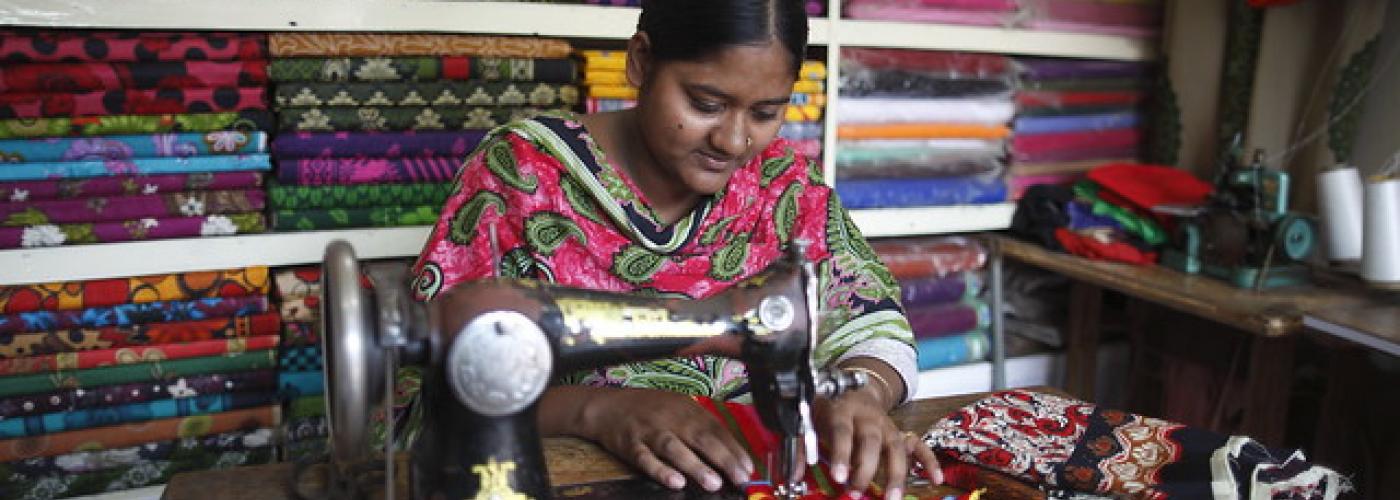What Can Be Achieved in Women's Economic Empowerment? Early lessons and examples from operationalizing a Women's Economic Empowerment framework in a multi-country context
Image

This post introduces a paper published in 2017 by the Market Development Facility (MDF) by lead author Ariane Ryan; and co-authors Ariane Ryan, Amna Awan, Maryam Piracha, and Miliana Ratu developed the case studies and contributed to the collation of lessons learned. The paper draws on their knowledge and expertise in Women's Economic Empowerment and market systems development.
Introduction
Market Development Facility
The Australian government-funded Market Development Facility (MDF) stimulates investment, business innovation and regulatory reform in order to create additional jobs and increase the income of poor women and men in rural and urban areas in the Indo-Pacific region. MDF currently operates in Fiji, Timor-Leste, Sri Lanka and Papua New Guinea.
To achieve its aims, MDF negotiates partnerships with strategically positioned private and public sector organizations in its countries of operations. Each partnership is comprised of a tailor-made package of activities that enables the partner to innovate, invest or undertake reforms such as the small farms and firms benefit from better access to production inputs, services and end markets. This increases productivity and growth and, in turn, creates jobs and raises income for poor women and men.
Each partnership promotes business innovations or reforms, leverages private sector investment or public sector ownership, has a demonstrated link with pro-poor growth, job creation and income generation, and contributes to systemic changes in the economy of the country in which it is active. WEE is included in the MDF definition of systemic change.
This paper explores the evolution of women's economic empowerment in MDF. The project has been operational over an important and rapidly evolving time for WEE in market systems and has evolved with the filed while developing unique operational implementation approaches. MDF has developed and implemented its own WEE framework, has a significant number of partnerships relevant for WEE and has been creative in addressing constraints faced by women in economic activities. This paper aims to contribute to the broader conversation of the way in which market system programs grapple with, and can contribute to, women's economic empowerment.
Access a copy of the full report here.

